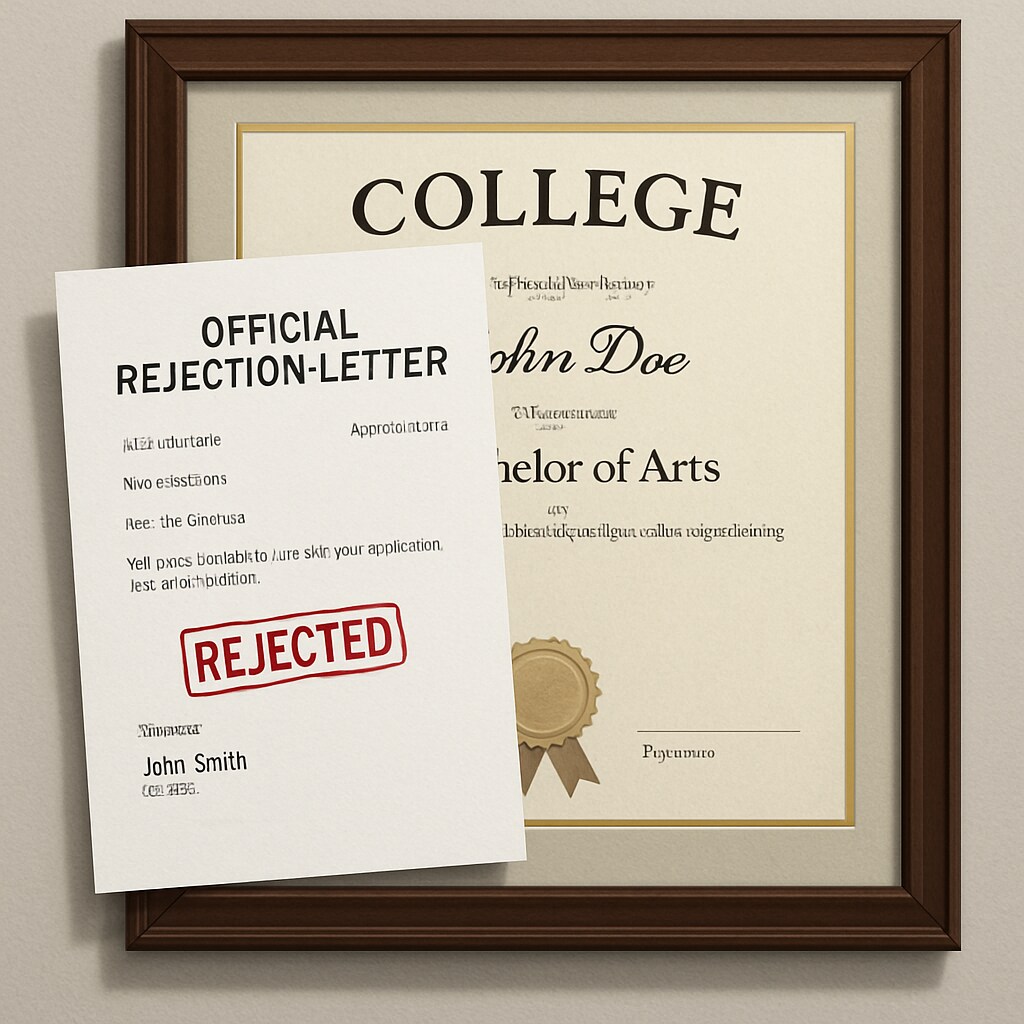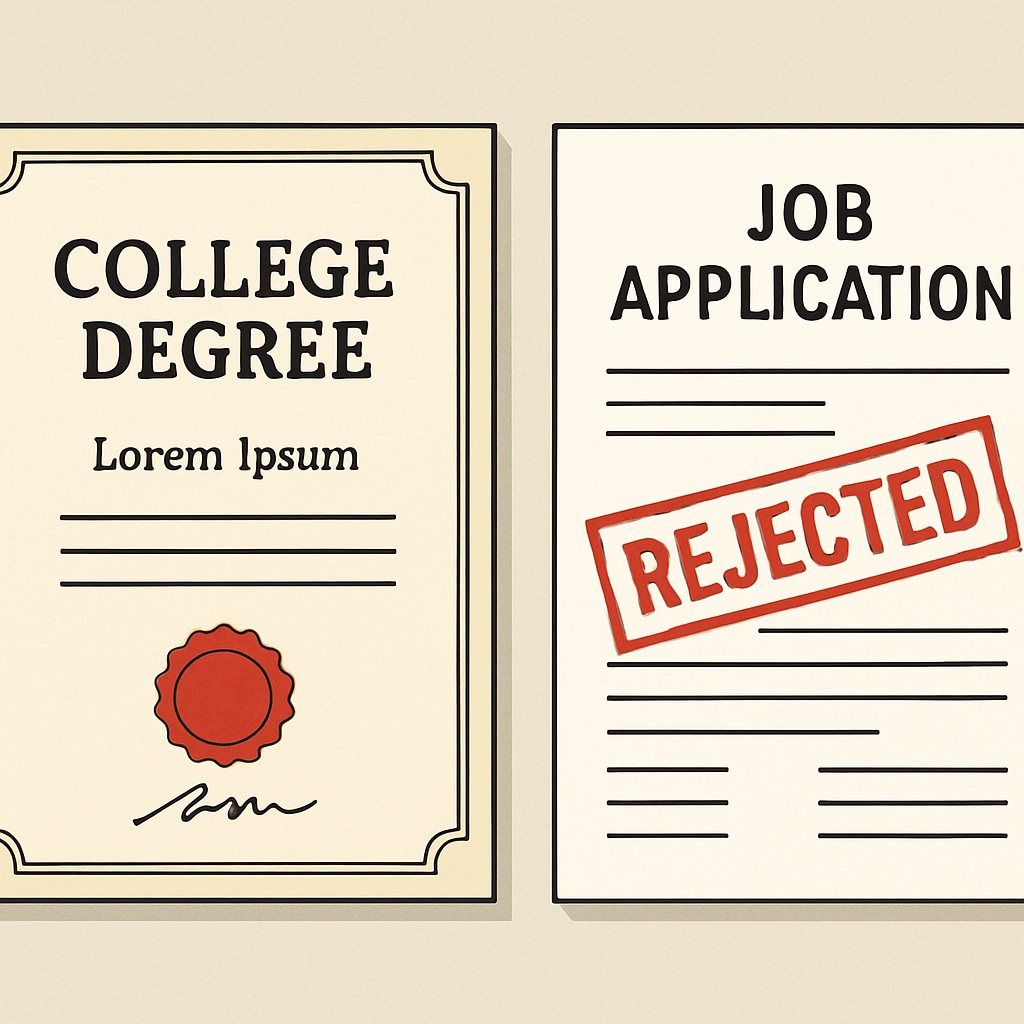Educational discrimination and employment barriers emerge in Arizona as state agencies reject qualified candidates due to rigid credential requirements. A recent case revealed a job applicant with three college degrees being disqualified for lacking a high school diploma. This paradoxical situation highlights systemic flaws in how we evaluate educational achievements.

The Bureaucratic Credential Trap
State hiring systems often rely on automated filters that prioritize checklist compliance over actual qualifications. According to Wikipedia’s credentialism article, this phenomenon creates artificial barriers for skilled professionals. The Arizona case demonstrates how:
- HR software may automatically screen out applications missing specific credentials
- Job descriptions frequently copy outdated requirements without review
- Alternative pathways for demonstrating competence remain underutilized

Reforming Qualification Assessment
As noted by Britannica’s education overview, the purpose of education extends beyond formal certificates. Modern hiring practices should consider:
- Competency-based evaluations instead of credential checkboxes
- Alternative documentation for equivalent knowledge
- Regular review of position requirements by subject matter experts
Transitioning to skills-first hiring could resolve this credential paradox while maintaining standards. Arizona’s case serves as a wake-up call for all employers to examine their own educational requirements.
Readability guidance: Short paragraphs with clear transitions (however, therefore, for instance) improve comprehension. Each section contains specific examples to illustrate systemic issues in credential evaluation practices.


